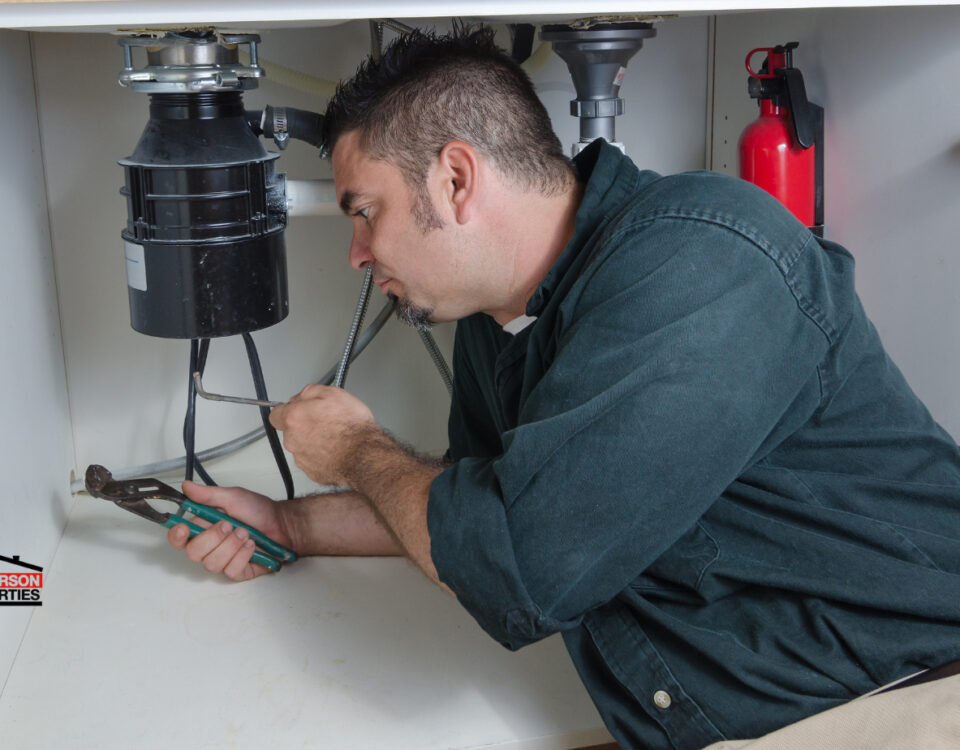- Walk-in Traffic is by Appointment Only - More Details
Home Rental News in Charlotte, NC

Do Air Purifiers Really Work?
February 28, 2017
5 Real Estate Investment Property Tips for Entrepreneurs
March 11, 2017Sewer Overflows Cause High Fines
Per Charlotte-Mecklenburg Storm Water Services, most sewer overflows in Charlotte are caused by fats, oils and grease. The number one source of these overflows is apartments and other multifamily properties. When fatty wastes are poured down a drain, they solidify inside sewer pipes, causing sewage back-ups. Each year, overflows cause property damage and environmental damage when the overflow runs into storm drains, creeks and lakes.
North Carolina state regulations require regular inspections of privately-maintained sanitary sewer systems and, by ordinance, the City of Charlotte can fine an apartment community up to $5,000 per day if a sanitary system overflows into a storm drain or creek. Thousands of dollars in damages and/or fines can be avoided by regular inspections. Charlotte-Mecklenburg Storm Water Services and Charlotte Water department offers a FREE annual workshop for property managers who want to develop a maintenance plan for private sanitary sewer systems. For residents, free brochures and promotional materials are available for learning about proper disposal of fats, oils, and grease.
For educational materials, please call 311 and ask for Flow Free materials. For more information, please contact Storm Water Services at 704-280-0684.
All Public Housing Will Go Smoke-Free by 2018
In late 4th Quarter, 2016, the U.S. Department of Housing and Urban Development (HUD) announced its final rule to require public housing agencies across the country to implement smoke-free policies in their developments. The rule will prohibit lit tobacco products, including cigarettes, cigars, pipes and water pipes, in all living units, indoor common areas, administrative offices and all outdoor areas within 25 feet of housing and administrative office buildings. The rule gives public housing agencies 18 months to comply.
The President of the American Cancer Society Cancer Action Network (ACS CAN) offered these remarks on the ruling:
“By eliminating secondhand smoke exposure in public housing units, more than 2 million U.S. residents living in public housing will breathe clean, smoke-free air where they live, improving the health of an estimated 760,000 children and more than 300,000 senior citizens. While this final rule represents a significant public health improvement, it could have been stronger had it included electronic cigarettes. Serious questions remain about the health effects of inhaling electronic cigarette aerosol, especially by vulnerable populations such as children, and permitting their use could pose enforcement challenges.”
ACS CAN has indicated that they are ready to assist HUD with implementation of this rule and that they will continue to advocate for strong, comprehensive smoke-free policies that prevent youth from starting to use tobacco and reduce exposure to the serious dangers of second-hand smoke. For more information on this issue, visit https://www.cancer.org/involved/volunteer/acs-can.html/a>.




